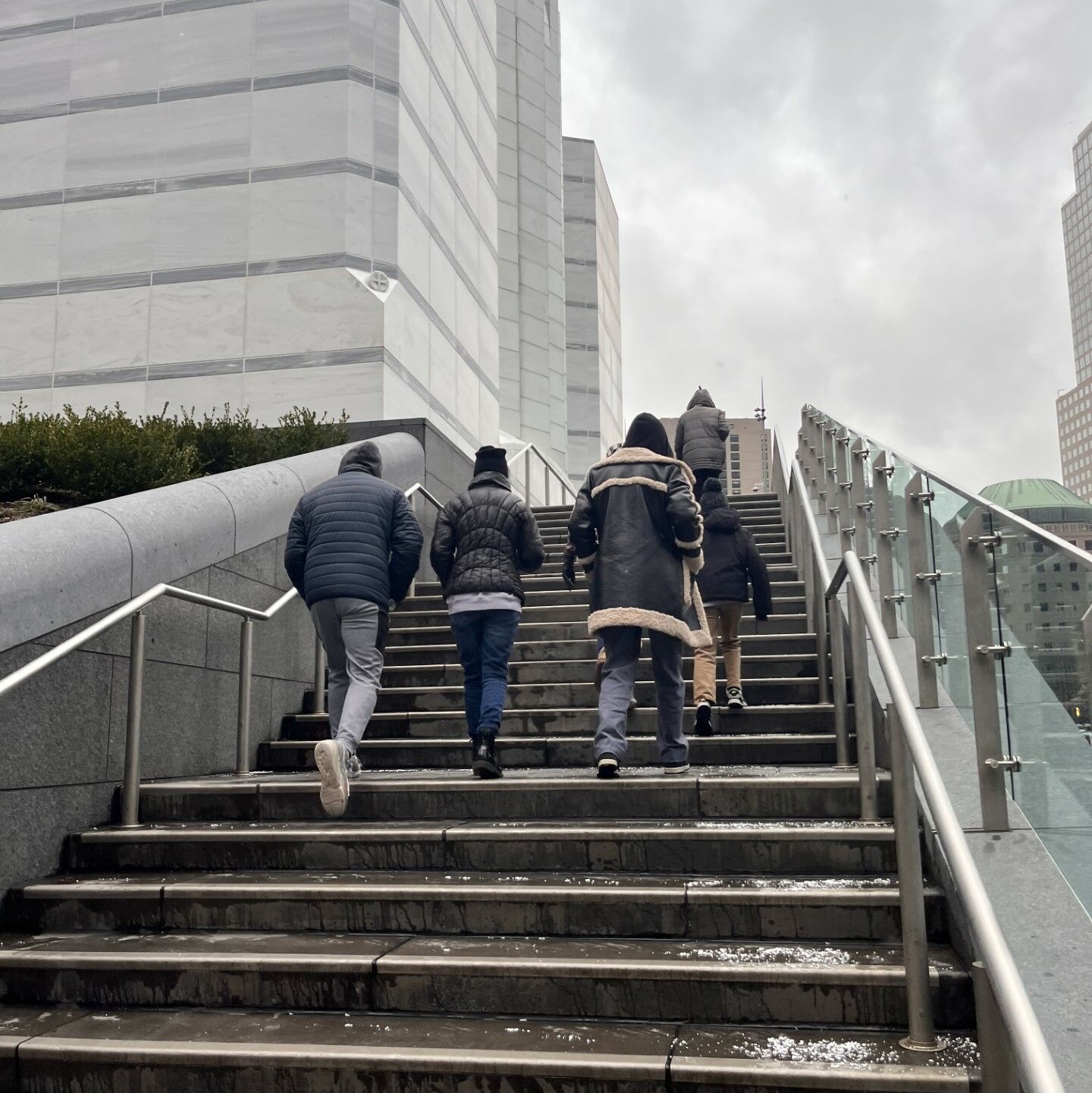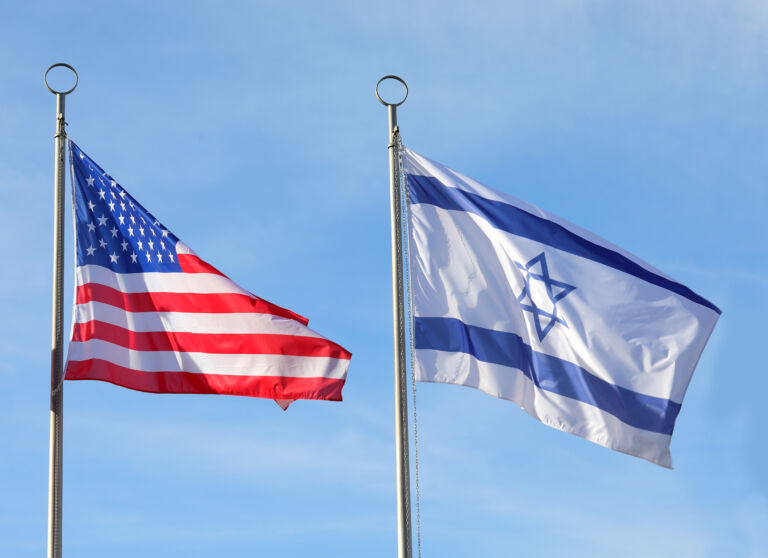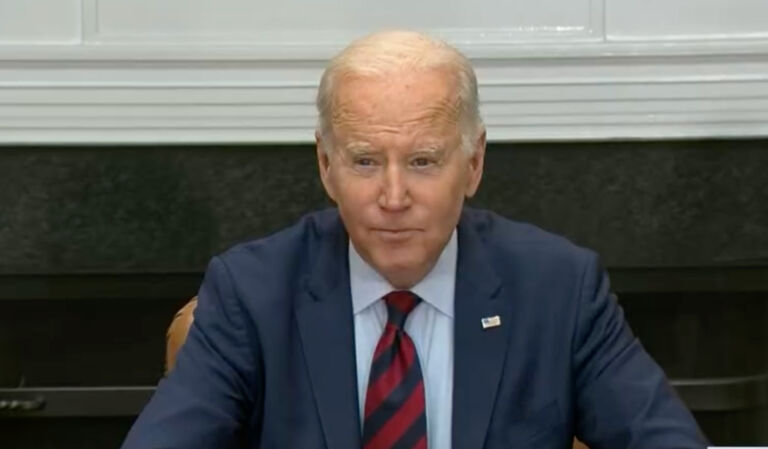Today, I woke my children up, helping them prepare for their week ahead; ensuring backpacks were zipped, faces washed, breakfasts eaten. On the drive to school, my older son and I talk about the video game he’s been playing and the unfinished English project. For an entire generation of young Americans today is just an ordinary day. September 11, 2001 is a day in their history books, not their memories.
Part of me asks, “And why should it be anything other than that?”
Why should those who had yet to take their first breath be burdened with the brokenness of a world that existed before their time? Another part of me responds, “Because their ordinary days are shaped by that day.”

Whether the 9 year old boy boarding the school bus or the 19 year old freshman walking to her next class realizes it, their lives are different than those who came of age before 2001.
Writing for Carolina Journal, Donald Bryson, CEO of the John Locke Foundation, examines the long term effects of that tragic moment in history and the United States government’s response to it. He notes:
“…the unintended consequences of these foreign-policy choices have not left our domestic liberties unscathed. In our pursuit of security and the global war on terror, we have sometimes compromised our cherished civil liberties.”
— Donald Bryson, CEO of Locke
The horrifying attacks on September 11, 2001 sent our entire nation reeling. In an effort to never relive that painful moment, the Global War on Terror and national security measures somehow managed to keep the wound alive, albeit in different ways. “The USA PATRIOT Act, implemented in the wake of 9/11, granted sweeping surveillance powers to government agencies, potentially infringing on citizens’ privacy rights,” Donald continues.
He goes on to write, “the financial burden of the wars in Afghanistan and Iraq, launched in the name of defending freedom, has placed a considerable strain on our economy” and “the aftermath of 9/11 prompted a surge in defense and homeland security spending as the nation responded to new security challenges.”
In the hopes of defending freedom and protecting our homeland, politicians exacted a high cost upon the American people in the form of staggering debt, a devastating war, and civil liberty violations.
And for a time, the public was in support of such measures. Fear often has a way of recalibrating our tolerance for pain. It was in the aftermath of 9/11 that many Americans placed a higher premium on security and safety than they did on liberty and freedom.
We saw a similar response in the immediate days and weeks following the Covid-19 outbreak. Although many citizens pushed back against violations of their individual liberties much quicker than they did twenty years prior, the natural human tendency toward prioritizing security over freedom is always present.
Donald rightly concludes that, “The attacks on September 11, while a stark reminder of external threats to liberty, should also remind us to be guardians of freedom on all fronts. Let us remember that the strength of a nation lies not only in its ability to defend itself but also in its dedication to upholding the principles of freedom that make it truly exceptional.”
So, as much as I would like to shield my children from the tragedy of that day, they and their friends are reaping the harvest of decisions the previous generation has sown. Gratefully, on this day, you and I have a chance to teach them a better way forward. One that acknowledges the necessity of security, but also the gift of freedom. We can – and should – teach them how to fight for both.


